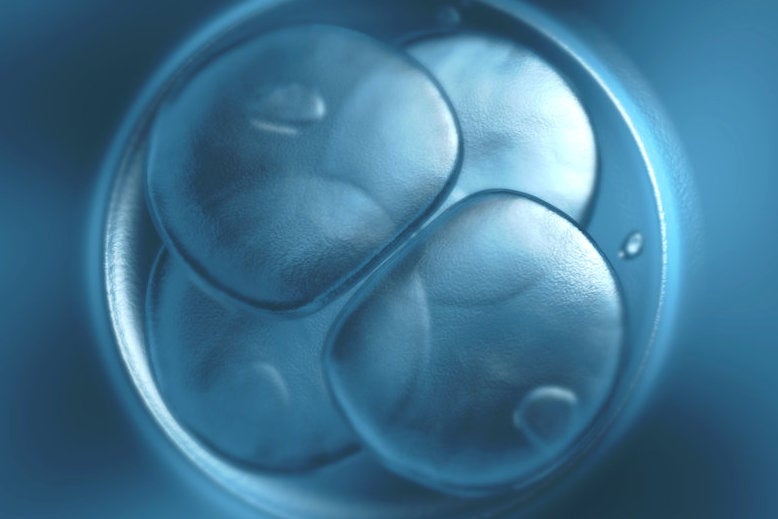Anti-abortion bill could require death certificates and burials for fertilised eggs
The bill's sponsor says the provisions are 'strictly voluntary' for women, but public health advocates say this is misleading

Your support helps us to tell the story
From reproductive rights to climate change to Big Tech, The Independent is on the ground when the story is developing. Whether it's investigating the financials of Elon Musk's pro-Trump PAC or producing our latest documentary, 'The A Word', which shines a light on the American women fighting for reproductive rights, we know how important it is to parse out the facts from the messaging.
At such a critical moment in US history, we need reporters on the ground. Your donation allows us to keep sending journalists to speak to both sides of the story.
The Independent is trusted by Americans across the entire political spectrum. And unlike many other quality news outlets, we choose not to lock Americans out of our reporting and analysis with paywalls. We believe quality journalism should be available to everyone, paid for by those who can afford it.
Your support makes all the difference.Anti-abortion politicians in Pennsylvania want to redefine foetal death as starting at conception, public health advocates claim, and force healthcare providers to cremate or bury all remains.
Pennsylvania law currently states that foetal death as the "expulsion or extraction of the product of conception" after 16 weeks’ gestation.
But the new bill would remove the 16-week time marker - which experts believe would change the definition of foetal death to include fertilised eggs that don't implant.
One interpretation of the law highlighted by Vice suggests that it could force healthcare providers to issue death certificates for aborted or miscarried foetuses, and even fertilised eggs that do not implant in the uterus, then bury or cremate them.
The Pennsylvania Final Disposition of Fetal Remains Act states all fertilised eggs are unborn children, and is similar to legislation signed into law by Vice President Mike Pence as Indiana governor in 2016, which mandated that miscarried or aborted foetuses by cremated or buried.
There is a key flaw in the proposed law - detection. Only half a woman’s fertilised eggs will naturally implant in her uterus, and the rest will dissolve in the body and be expelled through the menstrual cycle.
Newly fertilised eggs are about the size of a pinhead. The only time a fertilised egg that hasn't implanted in the uterus is detectable is if a woman has an ectopic pregnancy.
The American College of Obstetricians and Gynecologists calls non-implanted but fertilised eggs single-cell zygotes, and does not consider it a pregnancy until it’s implanted in the uterus.
Only when it reaches the nine-week stage in the uterus is it referred to as a foetus.
The sponsor of the bill, Francis Ryan, a Republican, insists the provisions are "strictly voluntary" for women, but public health advocates say this is misleading.
Christine Castro, a lawyer at the state’s Women’s Law Project, said: "The bill is written in a misleading way. No, it does not explicitly mandate a death certificate (but) it explicitly mandates a burial permit, and you need a death certificate to obtain a burial permit."
She described the bill as being like a "Russian doll", adding: "You have to keep unpacking it to see what’s really inside."
Join our commenting forum
Join thought-provoking conversations, follow other Independent readers and see their replies
Comments